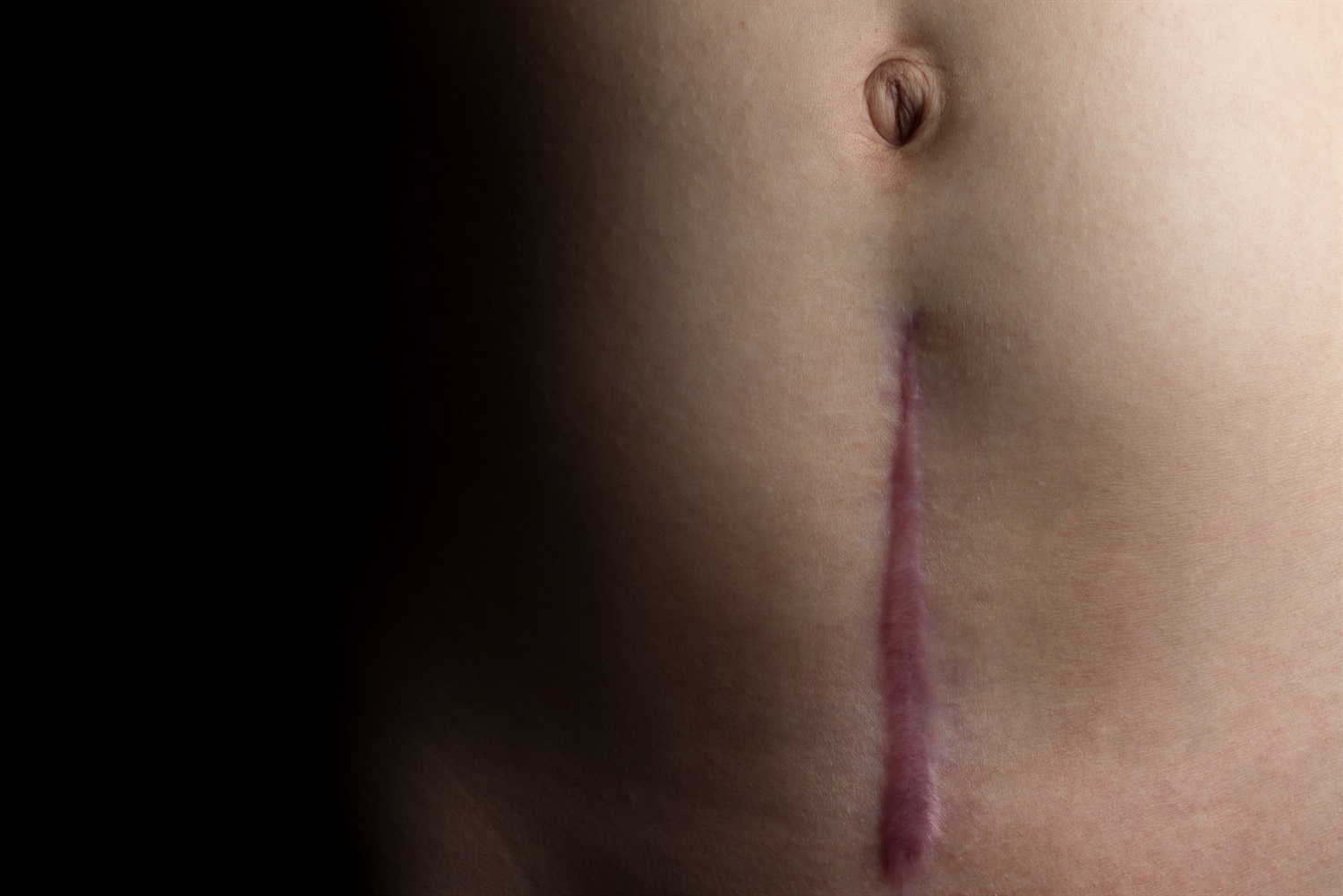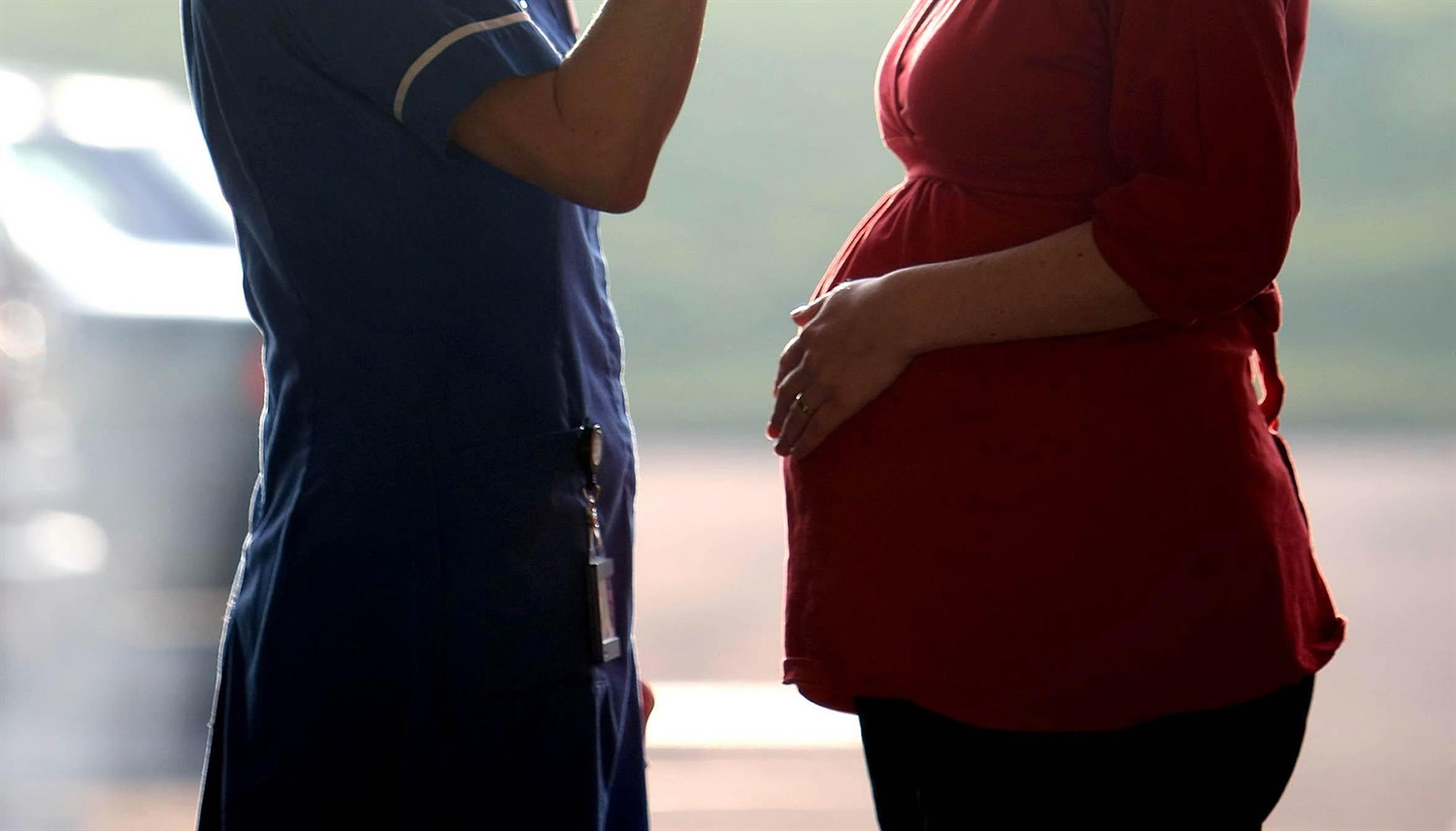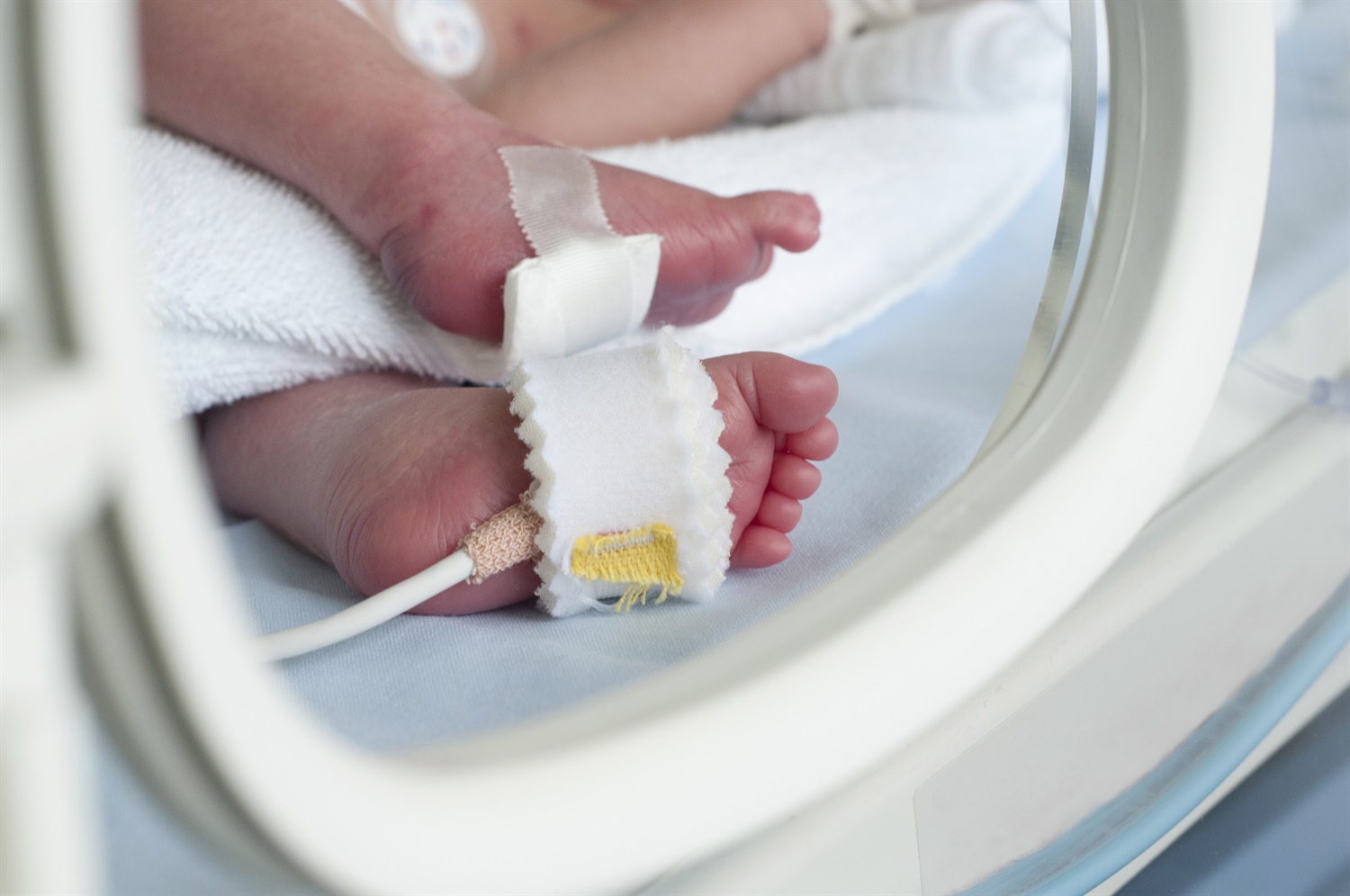29.07.15
Caesarean sections – are women being given a choice?
With nationwide caesarean rates higher than ever and well above the World Health Organisation’s recommendation, it’s safe to say nearly every trust in England has developed a section problem, reports NHE’s Luana Salles.
Caesarean section rates, which should theoretically be kept between 10-15%, now vary from 16% to nearly 40% in UK hospitals.
Yet although the World Health Organisation (WHO) recommended rates focus on a global scenario rather than individual hospitals (and thus do not account for demographic variations), caesarean figures have also been consistently increasing.
It is a relatively recent phenomenon. Obstetricians and midwives do not always agree on the causes, potentially due to a clash of interests. While some doctors say obesity and diabetes play an important role in rising caesarean rates, midwives and birth experts are more likely to claim that a loss of necessary maternity skills and consequential ‘lawsuit paranoia’ amongst staff are the real culprit, removing women’s rights to choose for themselves.

Deskilled maternity wards
Elizabeth Prochaska, head of UK organisation Birthrights, dedicated to improving women’s experience of pregnancy, said “de-skilled” NHS maternity wards are still feeling the impact of the persuasive ‘term breech trial’, 15 years on.
The trial, criticised by doctors and experts as flawed and erratic in its methodology, determined that caesarean sections were the safest option when babies are born feet first. As a result, mothers delivering breech babies were often forced to have a section, even though the trial’s conclusions were refuted and discredited by several sources.
Prochaska told us: “Subsequent research has shown that whilst breech births can have a higher instance of foetal death or harm, the risk is actually much smaller than had been suggested, and there are many benefits to vaginal births while caesarean sections carry lots of risks.
“Women come to us at Birthrights with breech babies and say they’ve been told they have no choice – doctors are refusing to allow the woman to give birth normally because they believe it’s either too risky or that they don’t have the skills to support her in a normal breech birth. They don’t know how to support a woman, they don’t know the manoeuvres required if the baby gets stuck. I’ve even seen letters from hospitals saying they do not have the skills to support vaginal breech.”
One woman who contacted Birthrights after she was coerced by doctors to schedule a caesarean for her breech baby wrote about her experience. She said that, after days of research, she learned that a vaginal breech birth was “actually not rocket science” and that in the past “breech was treated as a different yet still normal position, delivered vaginally”.
She added: “Nowadays, however, the skill to help women deliver breech babies naturally is disappearing, and the lack of experience is followed by a lack of confidence.”
‘Undermining women’s confidence’
Pam Dorling, a now-retired Sheffield midwife, wrote about her experience with breech births after helping a woman deliver a breech baby at home nearly two decades ago, stating that many women “have been made very unsettled” by the suggestion of caesarean sections.
She said in a report for a 2014 issue of Midwifery Matters: “Undermining their confidence and making them fearful will not help them give birth to their babies spontaneously, and midwives and doctors should not unnecessarily reflect their own anxieties and fears onto women and their families. While acknowledging the need of mothers with a known breech presentation for a higher level of surveillance in labour, I also feel strongly that we should take individual circumstances into consideration.
“This would certainly enable midwives to gain experience and confidence both in their own abilities and in the normal processes of breech birth, and also give junior midwives and doctors the opportunity to appreciate that not all breech presentations are potential disaster areas.”
Dorling explained that just two years after her home birth experience, due to the term breech trial, the same mother she helped in 1999 would have come under ‘enormous pressure’ from doctors to have a caesarean instead.
Erring on the side of caution?
Despite some midwives still practising vaginal breech births even after the trial – including well-known figures like Mary Cronk MBE – they’re a dying breed.
 Dr Daghni Rajasingam, an obstetrician at Guy’s and St Thomas’ Hospital, argued that all obstetric staff are mandatorily trained to be able to deliver breech babies – but said there is a “general decrease in confidence” in doing it vaginally.
Dr Daghni Rajasingam, an obstetrician at Guy’s and St Thomas’ Hospital, argued that all obstetric staff are mandatorily trained to be able to deliver breech babies – but said there is a “general decrease in confidence” in doing it vaginally.
“Partially due to [the trial], the numbers of vaginal breech deliveries have dropped because these women have to be advised on the alternatives. It was pretty convincing at the time, and when we tell women about a potential risk, no matter how small, especially to do with an unborn baby, we will want them to err on the side of caution.”
However, rather than cautioned, women are instead frequently told they have no choice because something is ‘hospital policy’, as Dr Daghni said is the case with many units – including hers.
The official NICE guideline, CG132, says women in this situation should be offered the choice: “Pregnant women with a singleton breech presentation at term, for whom external cephalic version is contraindicated or has been unsuccessful, should be offered a caesarean section because it reduces perinatal mortality and neonatal morbidity. The guidance also suggests that when a woman requests a caesarean section, explore, discuss and record the specific reasons for the request.”
Individualised care
Sarah McMullen, head of research at parenting charity NCT, emphasised that need for personalised and continuous care in NHS staff.
She said: “Individualised care is so, so important – and that’s what women tell us, that they want the information, they want to be listened to and recognised that their preferences need to be taken into account as well, and their choices respected.”
And as consultant midwife at Sheffield Teaching Hospitals, Alison Brodrick, said in a 2014 report for The Practising Midwife journal, discussing the risks of caesareans or vaginal births is important, but the woman’s ultimate and informed decision should be respected.
Most recently, the practice & standards professional advisor at the Royal College of Midwives, Mervi Jokinen, commented on new breech birth research published in BJOG: An International Journal of Obstetrics and Gynaecology. He said: “This is an interesting topic where some studies have had significant impact in changing practice, reducing women’s choice, and to some extent contributing to the rising numbers of caesarean sections globally.
“The authors conclude even combining all the studies does not necessarily give the right answers on an individual level. All births carry an element of risk, however small. The important issue here is that women are aware of the evidence around breech birth, including the risks and the benefits of either a vaginal delivery or caesarean, so that they can make a decision about how they want to give birth. It is important that they discuss this with their midwife or doctor who will offer advice and support.”
 Image c. David Jones, Press Association
Image c. David Jones, Press Association
Wrong priorities
There are several ways to re-skill staff to empower women and their right to choose for themselves, from sending birth experts on training courses to having doctors learn from independent midwives who are still skilled in handling ‘complicated’ births. However an institutional effort to do that is not happening, and does not seem to be a priority.
Some claim that women can be coerced into having C-sections because doctors fear the risk of litigation with difficult labours like breech births if something happens to the baby.
NHE was told by multiple people interviewed for this article that some doctors resort to caesareans very quickly if there is any chance that the baby can get stuck or lose oxygen supply during a mismanaged birth, overlooking the risks traditionally associated with caesareans. Clinicians feel that they are at a much higher risk of being held accountable for damage if they do not perform a section and costs can soar up to millions of pounds, as recently evidenced by the mistakes in the Montgomery ruling.
Prochaska said it created a perverse incentive. “It’s not based on good clinical decision-making; it just skews [it]. Though in the UK we don’t take financial concerns into account directly in clinical decisions, they will be taking litigation risk into account, and also risk to their own clinical practice and professional registration.”
And yet despite maternity claims representing the highest value of clinical negligence claims reported to the NHS Litigation Authority, fewer than 0.1% of all births actually become the subject of a claim – showing that the ‘risk-averse culture’ observed in hospitals is, in fact, unsubstantiated. Critics say the culture is to minimise medical risks and overplay the risks of normal physiological processes, contributing to an increase in unnecessary caesareans.
Normalising caesarean rates is about providing women with the support they need regardless of what they choose – a basic human right and recent recommendation in the NICE guidance, which demands that every mother should be able to choose what is best for them, both mentally and physically, regardless of the situation. Yet with so many hospitals effectively denying them the right to choose and prioritising ‘policy’, it’s hard to know when women’s own voices will actually begin to have a place in the labour ward.

Tell us what you think – have your say below or email [email protected]
Top article image c. Todd Anderson, 'Zoe's delivery'